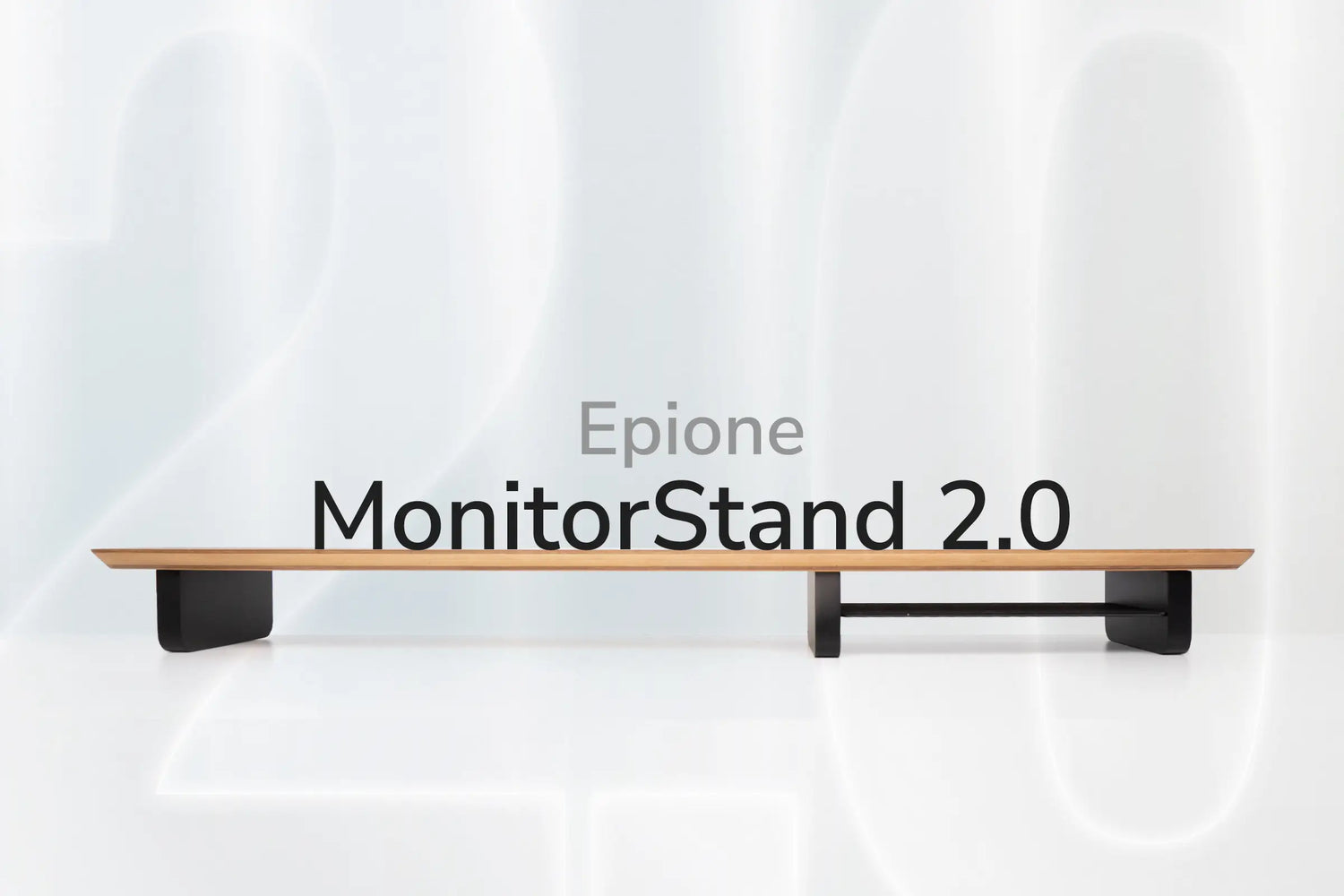For children, the rules of sitting posture are the same as for adults: keep your pelvis steady and your upper body relaxed. Children should sit on chairs and tables that are appropriate for their height. If this is not possible, add cushions and a footrest so that your child can sit properly, with his elbows at a 90-degree angle when placed on the table. Your biggest challenge may be keeping your child off screens when sitting on the sofa or in bed.
Limit screen time
If your child is learning on a tablet, make sure they limit their screen time. Set up regular breaks so they can engage in learning activities that don't involve a screen - even with traditional paper and pencil.
Reducing the amount of time spent on digital devices will help limit incorrect sitting posture for long periods of time, which can cause neck, shoulder, and nape pain and affect children's spine.

Learn while playing, play while learning
Especially for young children, alternate between learning and play activities in short periods of time, as children have naturally shorter attention spans. This keeps them comfortable and interested in each activity they participate in.

Active movement, comfortable spirit
Help children maintain physical activity to stimulate their creativity and thinking ability in the process of overcoming challenges. In addition, exercise will help strengthen bones, increase bone density, and support optimal height development. At the same time, muscle groups are trained, becoming more supple, flexible and stronger.

You could try setting up an obstacle course with items like chairs, cushions, etc., or playing catch (with a stuffed animal, for example) or gently kicking a ball around the hallway. You can also find some great yoga exercises for kids on YouTube.
A good sitting posture
Body shape is an important factor in a child's development. A correct sitting posture from an early age will be a solid foundation for the child's future and body shape.
Keeping children sitting on tables and chairs that are suitable for their height is the most important factor. Parents can refer to smart desks with adjustable height or anti-hunchback chairs . These are chairs designed to support and shape the child's spine when sitting, helping to reduce pressure on the discs. With the core element of ergonomic design, this line of chairs is researched and designed to hug the natural curve of the spine (S-shaped), providing maximum support for the back and maintaining an upright posture.









